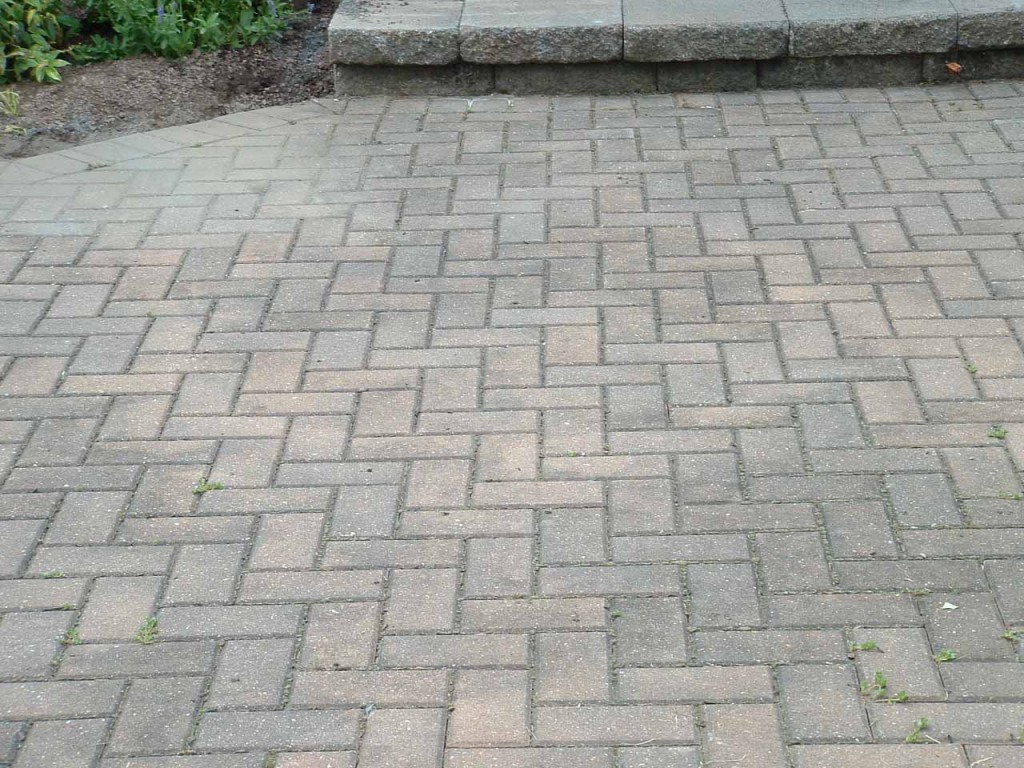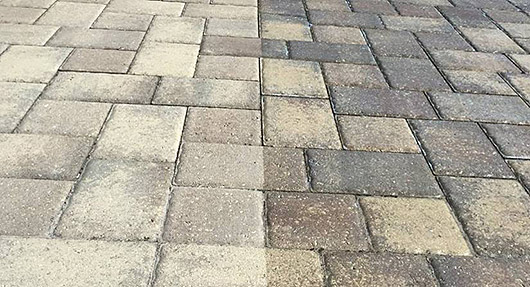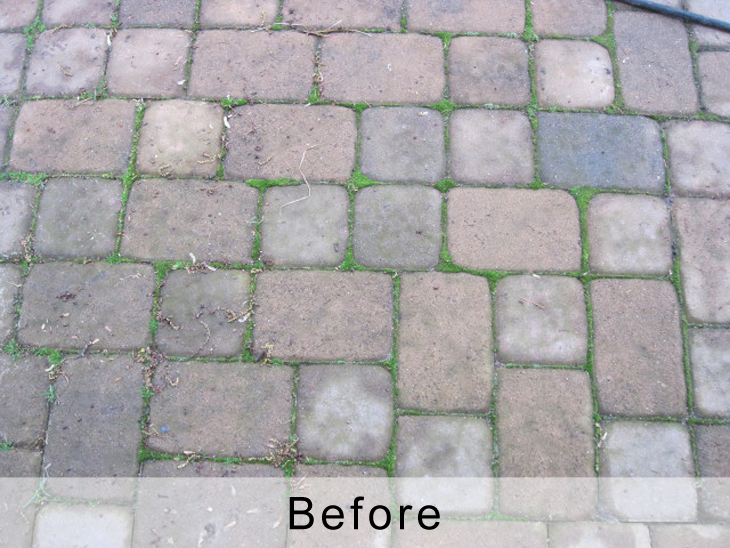Paver Sealing In Hudson Qc Things To Know Before You Buy
Wiki Article
What Does Paver Sealing In Hudson Qc Mean?
Table of ContentsThe 4-Minute Rule for Paver Sealing In Hudson QcPaver Sealing In Hudson Qc Fundamentals Explained
If you desire the ideal chance to protect your financial investment, lower required upkeep, and also ensure longevity, you should definitely think about sealing thepavers in your Rock Valley, Iowa backyard. You can save water and accomplish the very same task by sealing your pavers. Adding glossy sealer not just improves the color of your pavers as well as produces a sense of illumination, yet it can also make the structure of stones more famous as light hits the surface.

Where unsealed pavers might need scrubbing with cleaning solvents, sealed pavers just require a hosing to look immaculate. Yes, sealing was developed to safeguard pavers from rain, snow, ice and even sun(although some pavers are designed to be UV immune). If you see sinking spots or your pavers changing, chances are its not a result of your pavers not being secured.
Rain, wind, and snow can create erosion, matching, splits, as well as other damages. Sealing your pavers safeguards them against harsh, and even moderate climate condition that can wear them down over time. Regardless of format, one thing you can't stay clear of is room between pavers, despite exactly how small. This area between joints can be flooded by lawn or weeds pressing their way up from listed below or by ants and also various other bugs looking for passage. Sealant can stop both of these prospective issues, along with hinder the growth of moss. This makes cleaning your pavers a whole lot simpler. Where unsealed pavers may call for rubbing with cleansing solvents, secured pavers just require a hosing to look excellent. Over time, pavers can endure wear and tear from wear as well as tear. They can come to be split or cracked. They can shed sand between joints and also end up being loose and also uncomfortable. Sealing Interlock Pavers is a terrific way to shield the investment made right into landscaping your home. Securing is suggested for driveways, outdoor patios, walkways, courses, entries, and also around pools. Securing your interlock assists maintain it looking new for longer as well as shielding it from being tarnished. There are lots of benefits to securing pavers, but it's not definitely necessary. It truly depends Full Article on the kind of paver system you have, your assumptions of how much time you would certainly like them to look excellent. Pavers that aren't sealed or set up correctly could; Grow weeds in the joints, They will certainly discolor as well as loose their shade investigate this site from wear as well as UV breakdown Joints sand loss or malfunction, All that being said, yes you must seal your pavers. Are all sealants the very same? The two most typical kinds of paver sealants are: water-base as well as solvent base. Some are film-forming(gloss or semi-gloss coating)and non-film-forming( matte coating). Film-forming sealers, such as Wet Look as well as Clear Appearance, provide the ultimate defense since they produce a physical barrier on the paver surface area. What if I don't seal my pavers? If you don't secure your pavers, they will not weaken and also perish away. You will just likely have to cleanse your pavers more often and also the discolorations will be harder and sometimes difficult to get rid of. So yes, sealing was developed to secure pavers from rainfall, snow, ice and also also sun(although some pavers are designed to be UV resistant). It's commonly assumed that the weeds originate from beneath the pavers and grow through the joint; or that possibly there were seeds in the sand setup bed and also they sprout and also expand up via the joint. Both of these instances are wrong as well as most likely impossible. Weeds in pavers often come from seeds imp source being strike in and transferred right into the sand joint from bordering weeds. Obviously, securing your pavers with a joint maintaining sealant will help combat the weeds. If you discover sinking places or your pavers changing, chances are its not an outcome of your pavers not being secured. It's an outcome of bad base setup or side restraint failure. Among the leading root cause of paver failing is the lack of Polymeric sand being installed in the paver joint. When the joint sand vanishes, there are little rooms in between each paver enabling water to see underneath them, which causes bass failing, inevitably permitting them to walk around since they're no more limited. If you utilize proper joint sand and also were to seal your pavers with a joint maintaining sealer, it would prevent sand loss which subsequently might avoid your pavers from working out or shifting. Simply kidding! There are some things that can go drastically incorrect if you don't understand what to look for when sealing your pavers. One of the most typical problems that can take place from your DIY securing job. Hazing or a white movie entraped under the sealant. If this takes place, the only choice is to remove all of the sealant (which.

is a challenging work )and also begin around once again.
Report this wiki page